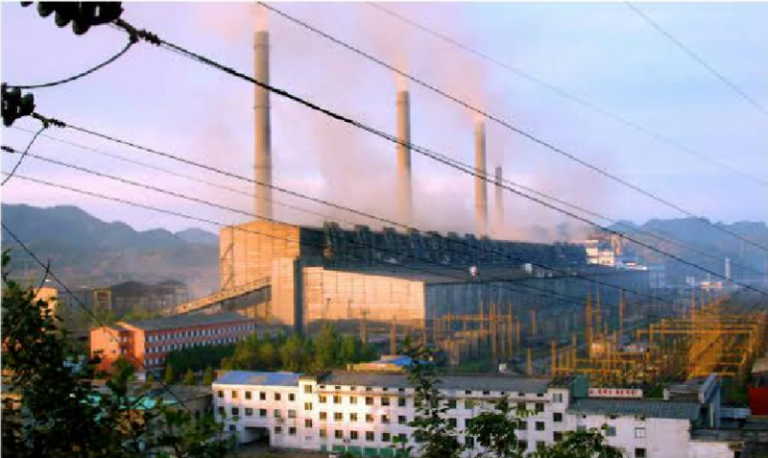
Residents in North Korea have endured chronic electricity shortages for decades, a direct result of government mismanagement of critical infrastructure. Following reports of decreased power provision in some parts of Pyongyang, sources in the the neighboring city of Pyongsong report similar circumstances in that region.
“Electricity is provided in the morning for one hour and two hours in the evening,” a South Pyongan Province-based source told Daily NK on May 1. “And now because the power supply is going to the farms, there likely won’t be much electricity going around in the evenings, either.”
Farming areas are given priority over urban areas for electricity from mid-May, when the country’s “planting battle” begins.
This winter North Korean residents saw diminished energy distribution relative to last year, according to the source, who noted that “the power was only on for three hours on February 16 (Kim Jong Il’s birthday).”
He said that most homes and businesses lack reliable electricity, while historical sites honoring the Kim family are provided with electricity 24-hours a day.
Consequently, the poor electricity situation in the country has driven up demand for solar panels.
“Solar panels allow families to turn on the lights and watch a couple of hours of TV, but they don’t provide enough power to operate freezers or washing machines,” the source said.
The North Korean government has increased coal production to operate thermal energy plants as part of efforts to address the country’s electricity problems. A Rodong Sinmun editorial published on April 8 declared that “the basis of electricity production is an increase in thermal power,” calling for the prioritization of coal production “in order for the country’s thermal energy plants to operate at full capacity.”
North Korean residents, however, say that the government should be focusing on improving the existing power generation system rather than increasing coal production, according to a separate source in South Pyongan Province.
“Critics point out that the country’s current electricity problems are not due to low coal production but rather because the existing power plants are in a state of disrepair. The country’s electricity situation wasn’t great in the 1980s when coal production was high. The authorities need to resolve the fundamental problems first,” he said.
“There are thermal power plants in Sunchon, Pukchang, and Chongchongang, but only one or two generators are actually operating in each of them. It’s pretty clear that coal production is not the fundamental problem here.”



















